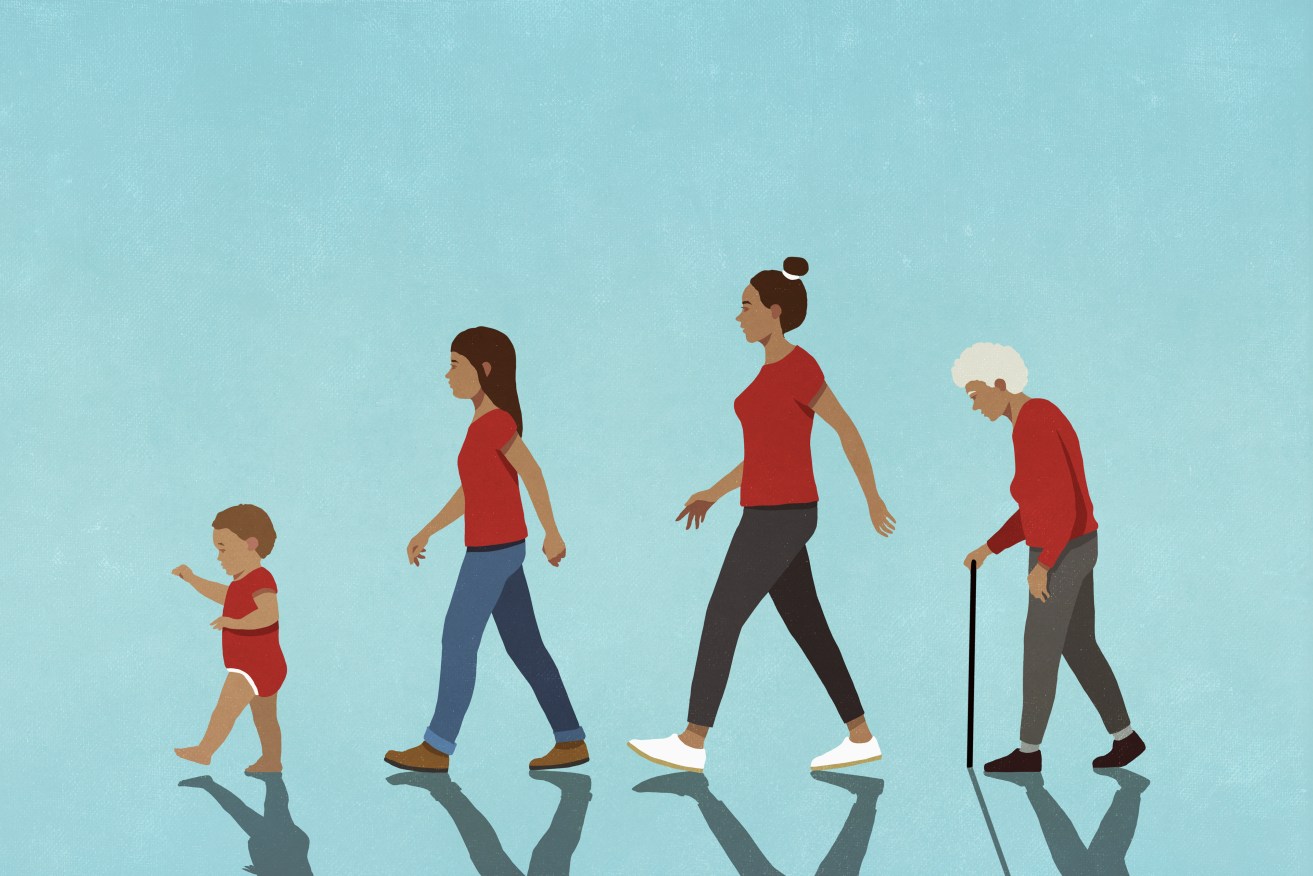Ways Australians could improve their life expectancy


Life expectancy improves with age. Make it to 60, you're more likely to make it to 80. Photo: Getty
Australia has one of the highest life expectancies in the world with an average life expectancy of 83.2 years in 2021, giving it the rank of fifth among OECD countries.
Japan is at the top with 84.7 years, closely followed by Switzerland, Korea and Spain.
According to a 2023 report from the Australian Institute of Health and Welfare (AIHW), over the past five decades, life expectancy in Australia has increased by 13.7 years for males (81.3 years) and by 11.2 years for females (85.4 years).
It has increased at a rate of three months per year since the start of the 20th century.
Much of the world lags
Globally, life expectancy has increased by more than six years between 2000 and 2019 – from 66.8 years in 2000 to 73.4 years in 2019.
Those figures, from the World Health Organisation, are due to higher rates of infant deaths and poor health associated with poverty. These problems aren’t confined to the third world.
The US, with the biggest economy in the world, ranks in the mid 40s for life expectancy (which stands at 77 years).
According to Our World In Data, this is because “Americans suffer higher death rates from smoking, obesity, homicides, opioid overdoses, suicides, road accidents, and infant deaths”.
Plus, there’s deeper poverty and less access to healthcare. This explains why Americans on lower incomes “die at a younger age than poor people in other rich countries”.
Australia has its challenges
In Australia, according to a 2021 report from the Australian National University, “life expectancy at adult ages varies substantially according to level of education”.
Among men and women of all ages, “life expectancy in 2016 was lowest among those with no educational qualification and rose with increasing education”.
Life expectancy at birth for Aboriginal and Torres Strait Islander Australians is considerably lower than it is for other Australians.
If we want to see the national life expectancy improve, boosting education and Aboriginal health are places to start.
As the AIHW report states, life expectancy changes over the course of a person’s life.
This is because “as they survive the periods of birth, childhood and adolescence, their chance of reaching older age increases”.
The longer you survive what life has thrown at you, you’re essentially awarded a number of additional years that you can expect to live.
Men who were aged 65 in 2019–21 could expect to live another 20.3 years. This means they had an expected age at death of 85.3 years.
Women aged 65 in 2019–21 could expect to live another 23 years, and have an expected age at death of 88 years.
The most common age at death in the 1960s to mid-1970s were among infants, aged less than one year.
Since then, the majority of deaths have occurred at older ages.
In the decade to 2021, the most common age at death was 87 years for males and 91 years for females.
Last July, a study presented at the annual meeting of the American Society for Nutrition, found that by adopting eight lifestyle habits by the age of 40, you might live for an additional 24 years.
The researchers ranked them in order of greatest impact:
- Being physically active
- Being free from opioid addiction
- Not smoking
- Managing stress
- Having a good diet
- Not regularly binge drinking
- Having good sleep hygiene
- Having positive social relationships.
I would add to that list – finding a life purpose.
Over the last decade, research into “life’s purpose” as a modifiable lifestyle factor – like exercise, diet, smoking and drinking booze – has bloomed.
Getting a purpose in life is something you can take up – as a preventative health measure – or abandon.
It’s about coming up with a make-do response to the big unanswerable questions, such as: Why am I here? What is the point of this life?
If you’re going to accumulate all those extra years, it would be satisfying if they had some meaning.








